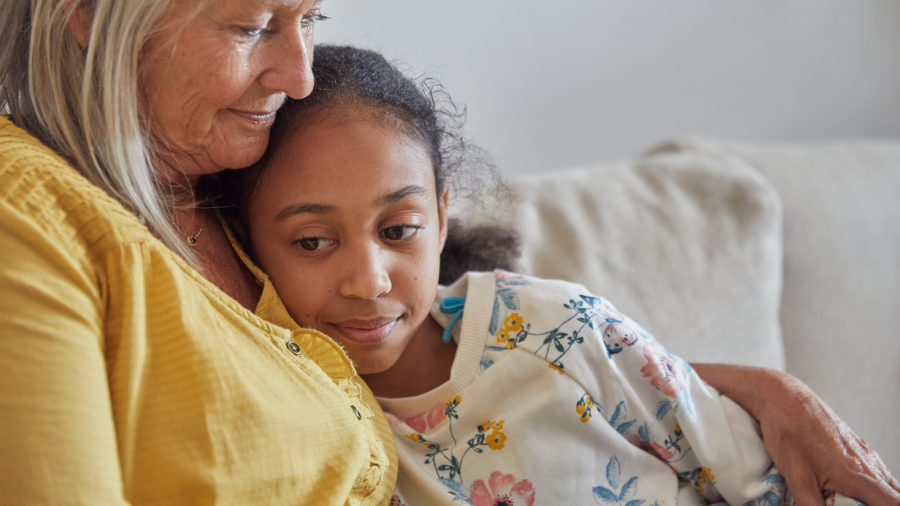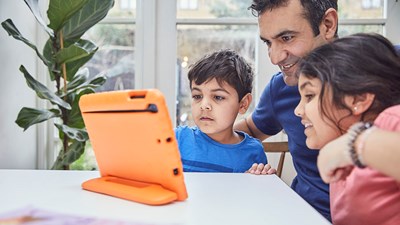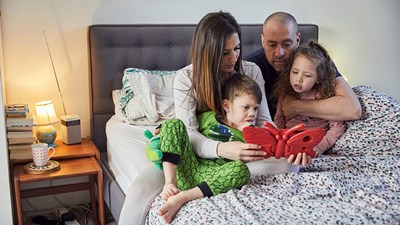
Digital platforms allow us access to the latest news stories and world events as they happen. This can be a good way for young people to learn about new cultures and understand what’s happening in the world.
With lots of online content about Russia and Ukraine, your child may be confused and worried about what is happening.
Because of how many online platforms work, it’s not always easy to control what you see online. This means that your child could come across upsetting or distressing content online without having to search it.




